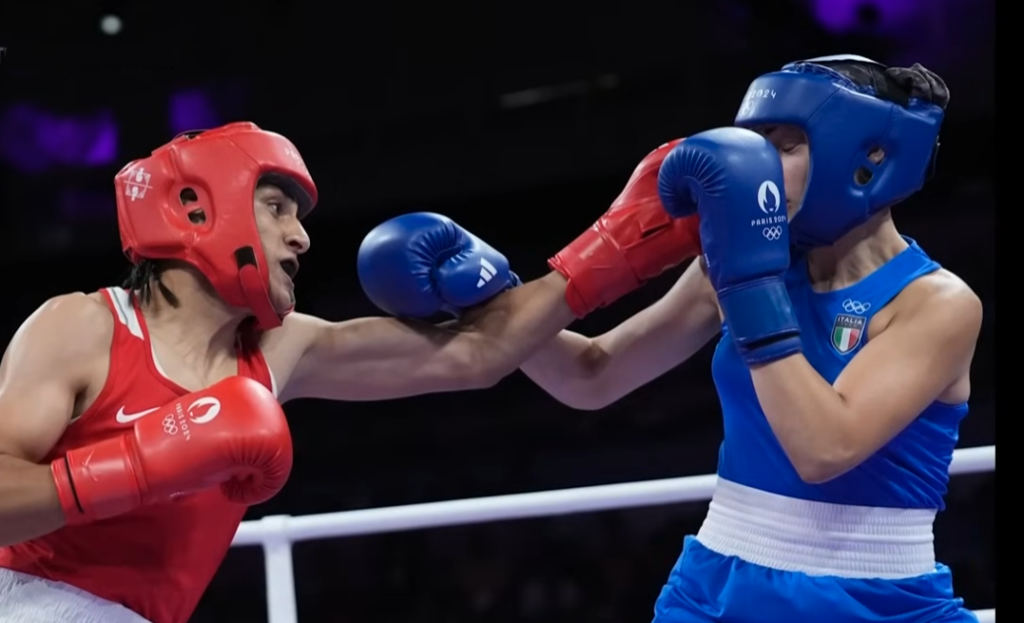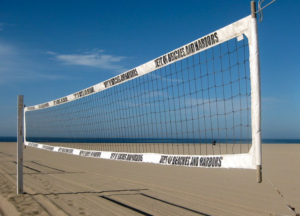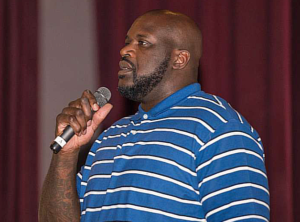
Who is Imane Khelif?
Imane Khelif (Arabic: إيمان خليف, romanized: ʾĪmān Khalīf) is a name making waves in the boxing world. Born on May 2, 1999, in Sougueur, Tiaret Province, Algeria, Khelif’s journey to the boxing ring was not straightforward. She originally played football before transitioning to boxing. Khelif had to commute to a neighboring village for training sessions, funding her trips by selling scrap metal. Despite her father’s initial disapproval, her passion for boxing prevailed. Today, she stands as a prominent figure in women’s boxing, representing Algeria in the 2020 Tokyo Olympics and the 2024 Paris Olympics.
Disqualification and Controversy
The controversy surrounding Khelif began with her disqualification from the 2023 Women’s World Boxing Championships. The International Boxing Association (IBA), led by Russia, cited unspecified reasons for her exclusion just days before her gold medal bout. Rumors suggested elevated testosterone levels or XY chromosomes. However, no evidence supported these claims. The disqualification sparked outrage and confusion, particularly as Khelif had consistently competed as a woman in previous events.
The International Olympic Committee (IOC) and its Paris Boxing Unit confirmed Khelif’s eligibility to compete in the Olympics. They criticized the IBA’s decision as sudden and arbitrary. The lack of transparency from the IBA added to the controversy. Khelif herself described the situation as a “big conspiracy” against her.
False Gender Change Claims
Following Khelif’s victory over Italy’s Angela Carini in the 2024 Olympic Games, social media buzzed with false claims about her gender. High-profile figures like J.K. Rowling, Elon Musk, and Logan Paul fueled the misinformation. It’s crucial to set the record straight: Imane Khelif was pronounced female at birth. There is no evidence she has XY chromosomes or elevated testosterone levels.
Algeria, Khelif’s homeland, has a dire record concerning sexual minorities. The country criminalizes same-sex activities and lacks protections for LGBTQ+ individuals. Given this context, the idea of a transgender person openly competing in sports in Algeria is highly implausible. The Algerian Olympic Committee (COA) staunchly defended Khelif, condemning the accusations as “unethical targeting” and “baseless propaganda.”
Algeria’s Hostility Toward Sexual Minorities
To understand the implausibility of the transgender claims against Khelif, one must grasp Algeria’s treatment of sexual minorities. The country criminalizes same-sex sexual activity, punishable by imprisonment and fines. LGBTQ+ individuals face widespread societal stigma, discrimination, violence, and harassment. They lack legal protections and visibility, forcing many to live in hiding. The hostile environment makes it unlikely for a transgender athlete to receive recognition and support in Algeria.
The IOC’s Stance
The IOC has been clear and firm in its stance. In response to the IBA’s decision, the IOC labeled it as lacking due process. They reiterated that Khelif met all eligibility criteria for the Olympics. Their statement underscored that the accusations were based on misleading information and that Khelif had consistently competed in the women’s category across major tournaments, including the Tokyo 2020 Olympics and various IBA-sanctioned events.
Khelif’s Olympic Journey
Khelif’s journey in the 2024 Paris Olympics has been remarkable. She secured a spot in the semifinals after defeating Hungary’s Anna Luca Hamori. Her victory was marred by the controversy but also highlighted her resilience. With an Algerian flag draped around her, Khelif emotionally declared, “I want to tell the entire world that I am a female, and I will remain a female. I dedicate this medal to the world and to all Arabs. Long live Algeria!”
Reflections on the Controversy
The accusations against Khelif have not only been false but also reflective of broader issues in sports and society. The rush to question her gender speaks to a deeper discomfort and bias that still exists. The IOC’s firm response has been a crucial support for Khelif, reaffirming her identity and eligibility. The controversy serves as a reminder of the ongoing challenges faced by female athletes, especially those from countries with poor records on gender and sexual rights.
In conclusion, Imane Khelif’s story is one of determination, strength, and resilience. Despite facing baseless accusations and a challenging journey, she continues to shine in the boxing ring, representing not just Algeria, but the strength and potential of women athletes worldwide.






